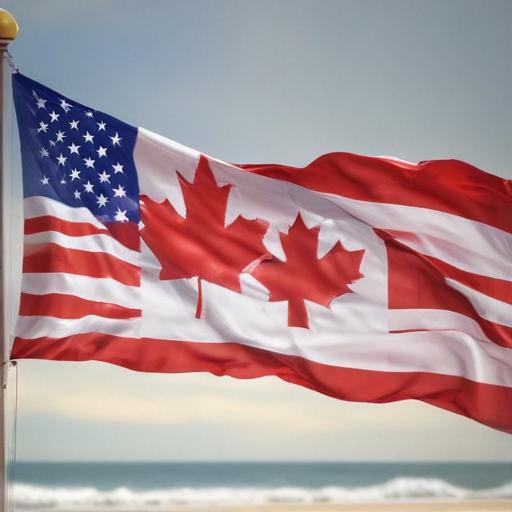A new proposal in Congress aims to allow certain Canadian citizens to extend their stay in the U.S. without requiring a visa, a measure that has been introduced several times since 2018. The measure, known as the Canadian Snowbird Act, seeks to facilitate the flow of Canadian tourists, who are the most significant group of international visitors to the U.S. annually.
Currently, Canadians are limited to staying in the U.S. for 182 days a year without a visa. The latest bipartisan proposal, co-sponsored by Republican Congresswoman Elise Stefanik from New York, would increase this allowance to 240 days. This change aims to encourage Canadians to spend more money in the U.S. during their extended visits.
However, there are specific eligibility criteria for applicants under this proposal:
– Canadian citizens must be 50 years of age or older.
– They must either own or rent a residence in the U.S. during their stay.
– Employment in the U.S. during their visit is not permitted.
– They will not qualify for most forms of public assistance.
The proposal reflects ongoing collaboration with the Canadian Snowbird Association, which advocates for the interests of traveling Canadians.
Concerns regarding currency strength also come into play, as the Canadian dollar’s current value is around 72 cents in the U.S. Historically, lower currency value has impacted Canadian consumer spending in the U.S. Erie County Executive Mark Poloncarz indicated that past fluctuations in the Canadian dollar have led to decreased sales tax revenue from Canadian visitors, highlighting the economic interplay between currency strength and tourist spending behaviors.
Overall, the Canadian Snowbird Act continues to represent an ongoing effort to enhance cross-border relations and stimulate economic benefit from increased Canadian visitation, providing an opportunity for better financial engagement between the two nations.
